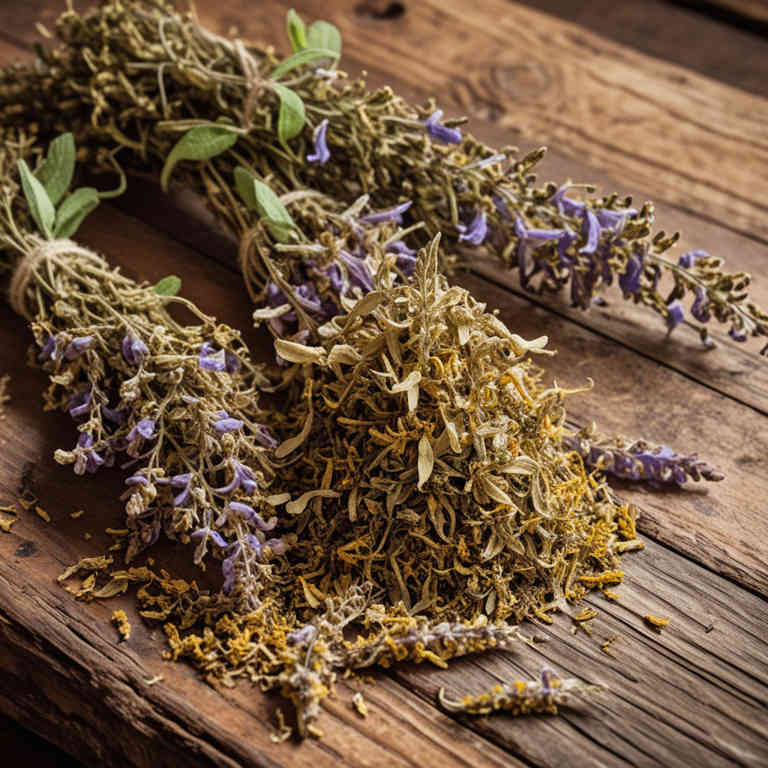Scutellaria baicalensis mucillage for medicinal use

Scutellaria baicalensis mucillage is a viscous, gel-like substance derived from the roots of the Scutellaria baicalensis plant, commonly known as Huang Qin in traditional Chinese medicine.
This preparation is obtained through the process of extracting and concentrating the mucilage from the root, which contains bioactive compounds such as flavonoids and iridoids. In herbalism, it is used for its anti-inflammatory, antimicrobial, and antioxidant properties. It is often employed to support digestive health, reduce fever, and treat respiratory and skin conditions.
Its mucilage content also helps soothe irritated tissues, making it valuable in formulations for throat and gastrointestinal ailments.
Uses
Scutellaria baicalensis mucillage has been used to treat inflammation and digestive issues in traditional Chinese medicine for centuries.
Historically, it was valued for its anti-inflammatory and antimicrobial properties, often prepared as a decoction or paste. In modern times, scientific research has identified its active compounds, such as baicalin and wogonin, which contribute to its therapeutic effects. Today, it is used in supplements and pharmaceuticals for its potential benefits in reducing oxidative stress and supporting liver function.
Its continued use reflects both traditional wisdom and contemporary pharmacological interest.
Benefits
Scutellaria baicalensis mucillage has health benefits such as anti-inflammatory, antioxidant, and antimicrobial properties.
This herbal preparation is derived from the roots of the Scutellaria baicalensis plant, commonly known as Huang Qin in traditional Chinese medicine. It is often used to support liver function and enhance immune response due to its bioactive compounds like baicalin and wogonin. The mucilage content also aids in soothing digestive tract irritation and promoting gut health.
Overall, it is valued for its potential role in treating inflammatory conditions and supporting overall well-being.
Constituents
Scutellaria baicalensis mucillage active constituents include baicalin, wogonin, and scutellarein, which are flavonoids known for their potent antioxidant, anti-inflammatory, and antimicrobial properties.
These compounds help in reducing oxidative stress and supporting immune function. Baicalin is particularly noted for its ability to modulate the immune system and may aid in the management of inflammatory conditions. Wogonin has shown potential in inhibiting cancer cell growth and improving liver function.
Scutellarein contributes to the overall therapeutic effects by enhancing the body's natural defenses and promoting cellular health.
Preparation
To make Scutellaria baicalensis mucillage, start by gathering fresh or dried roots of Scutellaria baicalensis.
Wash the roots thoroughly and chop them into small pieces to increase surface area for extraction. Place the chopped roots in a pot and add enough water to cover them by about an inch. Bring the mixture to a gentle boil, then reduce the heat and let it simmer for approximately 30 minutes.
After simmering, strain the liquid through a fine mesh or cheesecloth to collect the mucilage, which will be the thick, sticky residue left behind.
Side Effects
Scutellaria baicalensis mucillage may lead to gastrointestinal discomfort, including nausea, vomiting, and diarrhea, due to its high mucilage content.
It may also cause allergic reactions in individuals sensitive to plants in the Scrophulariaceae family. Prolonged use could potentially interfere with liver function, as some studies suggest it may have hepatotoxic effects. Additionally, it may interact with certain medications, particularly anticoagulants, increasing the risk of bleeding.
It is important to consult a healthcare professional before using this preparation, especially for long-term or therapeutic purposes.